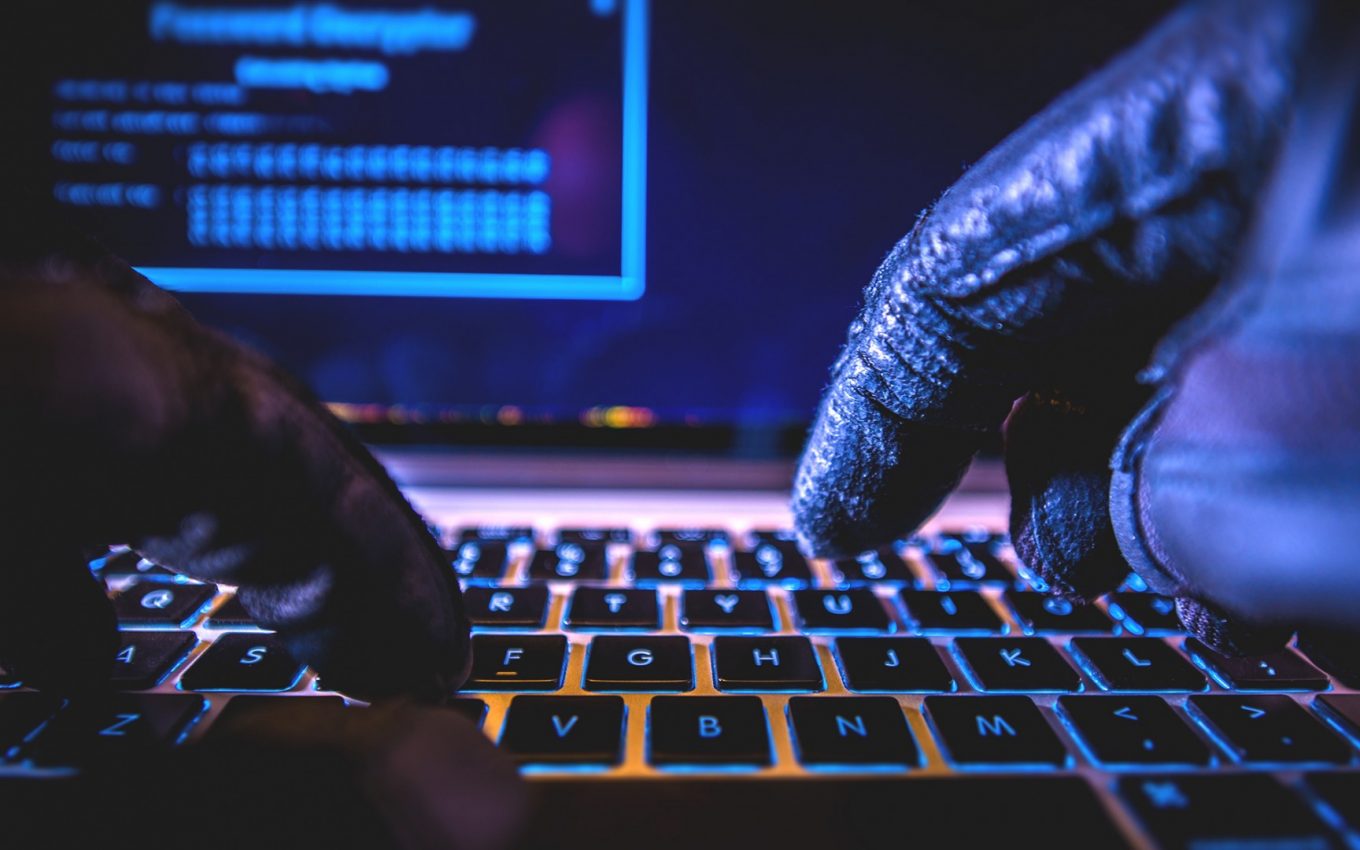
If there is a reason that makes people back down of diving into the cryptocurrency market is the potential loss of all its capital, either crypto or fiat money. Nonetheless, there are many ways out there, some of them incredibly naïve, for all your bitcoins to go missing, without any chance to get them back. Because one thing is crystal clear when trading with Bitcoin or any other cryptocurrency, once you have lost your money, is gone for good.
And that’s because unlike traditional investment products, cryptocurrencies aren’t backed up by banks or national regulation, it has become a sort of breeding ground for scam to flourish in the shape of ICOs or fraudulent tokens. Even the exchanges where they are traded, apparently a safe heaven for investors, show problems every other day, with reported closure due to hack attacks and often-less-than-satisfactory customer service – this media struggled for months to get answers out of some major exchanges.
These converge with a maxim within the cryptocurrency market: every person goes on its own. If a trader ends up losing his key or paying to the wrong address, investors must know that their money is surely not coming back and so extra care must be taken at all times. Backing up virtual wallets in a few devices following various steps verification should be the head start, while writing down private keys in physical safes might be a lifesaver if things go extremely wrong.
This might sound like Internet Security 101, but most ways of losing bitcoin come in the form of lack of safety measures or, what’s even more worryingly, forgetfulness. As the likes of forgetting the PIN number of a virtual wallet, which happens often than expected. The story of Mark Frauenfelder is an example of such a memory fatal loss when he forgot the access number to its brand new and ultra-secured Reznor hardware wallet and lost approximately 30,000 dollars in 2016.
But even more naïve is the story of how a poor man lost 11.5 million dollars worth in Bitcoin when he accidentally threw away his hard drive with a cold storage wallet in it. Back in 2010, Aussie Campbell Simpson bought 1,400 BTC at the ridiculous price of 25 US dollars and storage them in a cold storage wallet – a text file with a long string of cryptographic hash that represented an encryption key – within a common hard drive. One day, while he was cleaning up the house, he unintentionally trashed it among other useless stuff. Later on, he found out that what he had done and came into a painless rage that still lasts.
User’s responsibility also comes to terms when picking what product should be worth invested in. ICOs capital raising and Overhyped Stocks might sound attractive as users can get their hand in tokens dispatched by brand new, blockchain-powered digital start-ups, and so get a preference position in the next Big Thing. However, almost an 80 % of new ICOs have been found scam by regulatory institutions. At the same time, many struggling established companies have decided to go crypto to get their stock market value boosted. Yet if they fail to raise capital enough to start mining their own digital currency, they might crashed and let all investors empty-handed.

One thing that users lose control of so far is when speaking about hacking and ransomware attacks. These ways of losing bitcoins go beyond user’s hands and it is kind of a lottery whether if you are going to be the next or not. Hackers can brake security measures in Exchanges and personal computers, taking over control of whatever is inside. Not long ago, South Korean’s Coinrail reported loses of about 37 million pounds of virtual currency after a cyber-attack could reach their servers.
Ransom demands are also a common way of saying goodbye to precious bitcoins as nowaday’s kidnapping-like cyber-attacks that keep personal data as hostage. In order to be released, attackers usually claim to get paid by Bitcoins. They do so as cryptocurrencies are hard to track for security agents due to its anonymously given trait.
At last but not least, a very extended hack attack nowadays is Phone Porting. It happens when people get their phones hijacked by scammers. Thieves try to impersonate them and gain access to the device and, ultimately, get their hands into their virtual wallets stored in their phones. If properly backed up in other devices or following a 2-steps verification, phone porting would be drastically reduced.
There is a good example of how Phone Porting could be massively dangerous. This is phone porting story as told by cryptocurrencyhub:
“Jared Kenna ran an online business that accepted BTC. He also was one of the early miners and reportedly had large amounts of BTC stashed on his computer. A hacker socially engineered Kenna and convinced his telecom provider to transfer his number to a another carrier. This allowed him to reset all Kenna’s 2FA accounts and pretty much take over his life. The hacker got into the victim’s windows account and PC and took “millions” of dollars worth of Kenna’s bitcoin.”
These are just a few ways of losing bitcoin. Some of them, like hack attacks, are harder to avoid as cyber-criminals always find means to break security defences. However, users can make their task a bit tougher if they follow strict safety tips such writing down back-up codes or a 2-factor verification without a phone number and in more than one device. Nothing to tell about if, for instance, we end up losing hard drives and wallets for a devil-may-care behaviour.

Hernaldo Turrillo is a writer and author specialised in innovation, AI, DLT, SMEs, trading, investing and new trends in technology and business. He has been working for ztudium group since 2017. He is the editor of openbusinesscouncil.org, tradersdna.com, hedgethink.com, and writes regularly for intelligenthq.com, socialmediacouncil.eu. Hernaldo was born in Spain and finally settled in London, United Kingdom, after a few years of personal growth. Hernaldo finished his Journalism bachelor degree in the University of Seville, Spain, and began working as reporter in the newspaper, Europa Sur, writing about Politics and Society. He also worked as community manager and marketing advisor in Los Barrios, Spain. Innovation, technology, politics and economy are his main interests, with special focus on new trends and ethical projects. He enjoys finding himself getting lost in words, explaining what he understands from the world and helping others. Besides a journalist, he is also a thinker and proactive in digital transformation strategies. Knowledge and ideas have no limits.



























